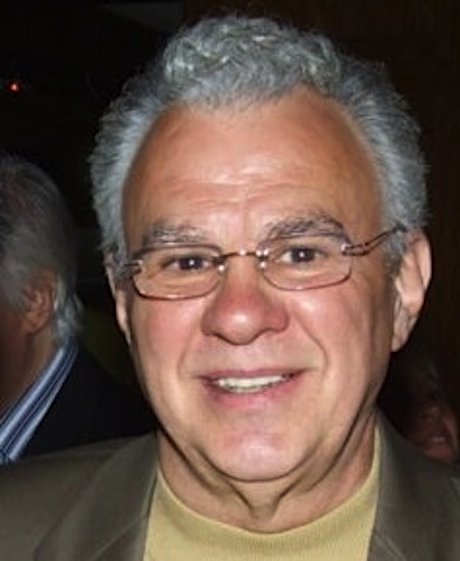
From The New York Times:
Paul Leka, a songwriter and producer who worked with many recording stars but who was best known for writing the chanting chorus of “Na Na Hey Hey (Kiss Him Goodbye),” a No. 1 hit in 1969 that was reborn in the 1970s as a sports arena anthem, died on Oct. 12 in a hospice near his home in Sharon, Conn. He was 68.
The cause was lung cancer, said his brother, George.
Mr. Leka made his name in the Tin Pan Alley tradition, writing or arranging songs for other people. He wrote and produced “Green Tambourine,” a No. 1 hit in 1967 for the psychedelic soft-rock band the Lemon Pipers; signed REO Speedwagon to its first record contract; and produced four of Harry Chapin’s albums, including 1974’s “Verities & Balderdash” containing the song that was Chapin’s lone No. 1 hit, “Cat’s in the Cradle.”
In 1969, Mr. Leka was helping a longtime friend from Bridgeport, Conn., Gary DeCarlo, fill the B-side of a single he was recording for Buddah. With Mr. Leka on keyboards, they started with a song they had written years before, a bluesy shuffle called “Kiss Him Goodbye.” But it filled only two minutes of playing time, and to make sure disc jockeys would not play it — instead of Mr. DeCarlo’s A-side — they decided to add a chorus to stretch it to four minutes, beyond the time limit of most radio formats.
“I started writing while I was sitting at the piano, going ‘na na na na, na na na na …’ ” Mr. Leka told Fred Bronson, the author of “The Billboard Book of Number One Hits.” “Everything was ‘na-na’ when you didn’t have a lyric.” Mr. DeCarlo added the “hey hey.” They chanted the chorus at the beginning and end of the original song, and as an added poison pill left the dummy lyrics in.
The record company decided to release it nonetheless as the A-side of a 45 by Steam, a fictitious group name the two men invented for the record. The song reached No. 1 in late 1969 and enjoyed a happy radio life span. Then it came back.
In 1977 the organist for the Chicago White Sox, Nancy Faust, began using the song to stoke the crowd into taunting an opposing team when, say, a visiting player struck out or a visiting pitcher was removed or the team was about to lose.
It is unclear how it spread, but within a few years the chant was heard at sports events everywhere, more ubiquitous than “Take Me Out to the Ballgame,” since fans sing it at football and soccer games, too.
• Paul Leka: http://home.cogeco.ca/~mansion1/paulleka.html